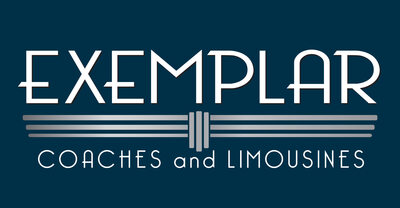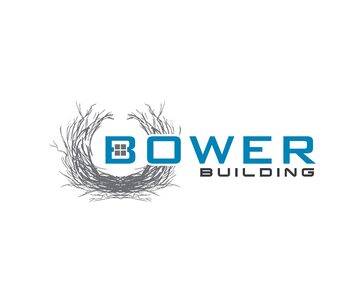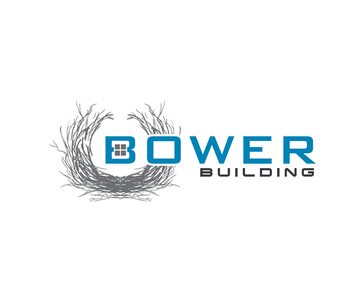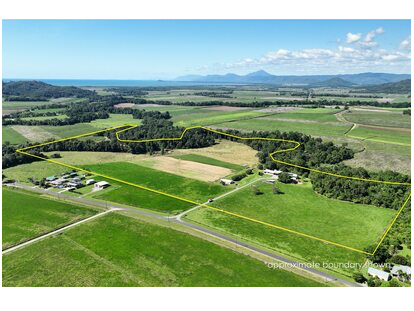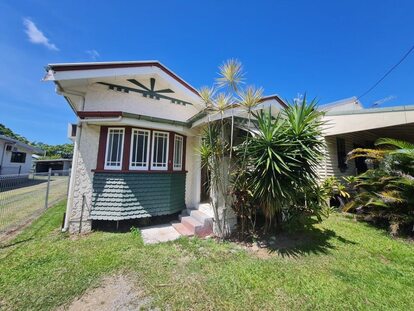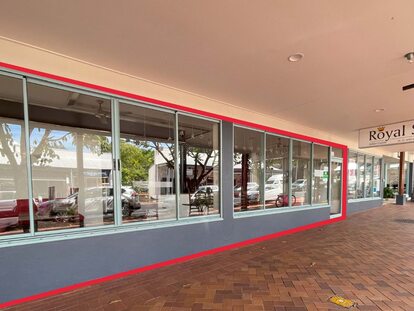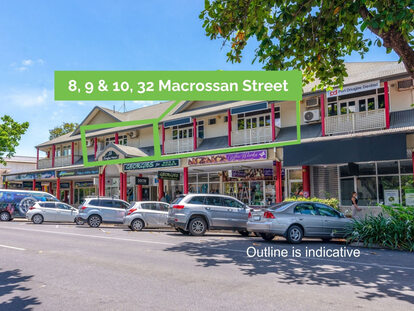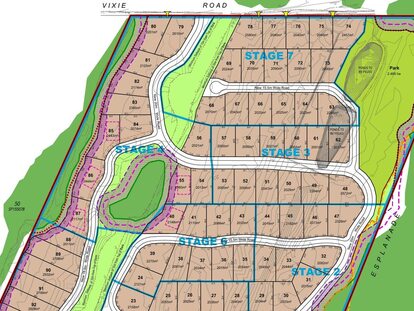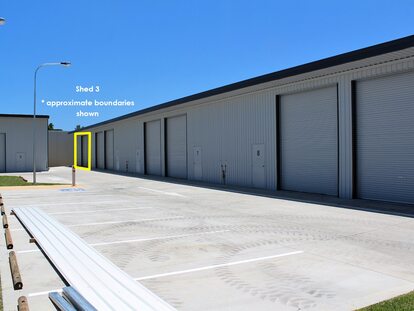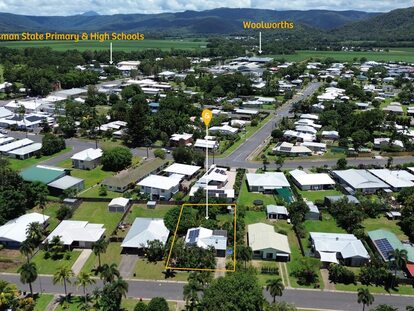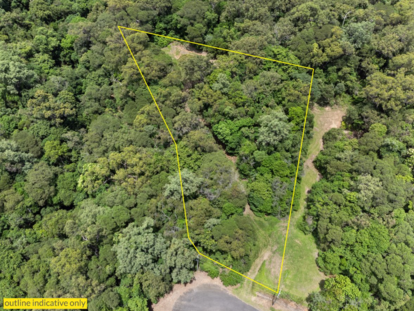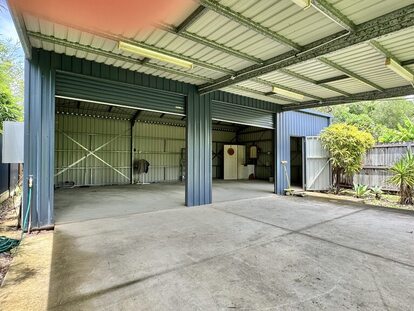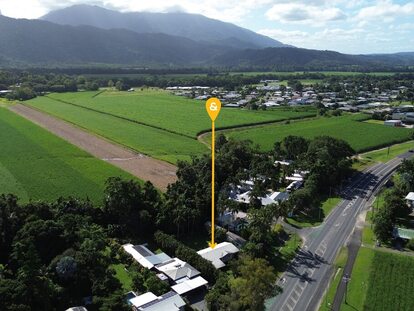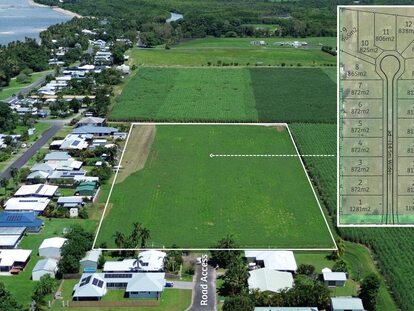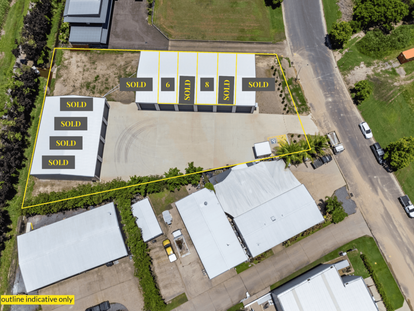Port Douglas property: What you need to know about body corporates
REAL ESTATE

RELATED:
- Port Douglas real estate: Building 'rapport and trust' in local market
- Port Douglas realtor joins states elite
- Southern buyers getting bang for buck in Port Douglas
- Port Douglas real estate: The pros and cons of auctions
WHAT is a Body Corporate? What role does it play when you purchase a property?
Simply put, a Body Corporate is a legal entity which is created when land is subdivided and registered under the Land Title Act 1994 to establish a community titles scheme. All of the owners in a community titles scheme are automatically members of the body corporate when they buy their lot.
But there is more to better understand its role and in a far-reaching interview with Travis Schumacher, Director and Licencee, Raine and Horne Port Douglas, he provides an insight into a Body Corporate and what to be aware of.
Schumacher says there are a number of issues buyers need to be aware of when they purchase a property which has a Body Corporate?
“The first thing buyers will need to beware of is the Community Management Scheme which outline the common and exclusive use areas of the property as well as any rules or restrictions regarding the property.
“It’s also a good idea to obtain a copy of the latest minutes of the Annual General Meeting. This will show how active the Body Corporate Committee is; if there are any planned future works to be carried out on the property; and if so, what costs might be involved.
“This allows the buyers to be prepared and informed. When buying a property it’s a good idea to have a clause in the contract that allows for a Body Corporate records search, which is done by a solicitor, and gives the buyer more information,” says Schumacher.
In terms of gauging one Body Corporate from another in terms of their effectiveness, Schumacher says a Body Corporate company carries out the instructions of the body corporate committee which consists of some of the property owners.
He says it is always best to work with the existing Body Corporate manager who is familiar with the whole property and the owners.
Schumacher stresses buyers should not be wary of a Body Corporate as they are there to help owners and to make living in a strata-titled complex easy and enjoyable.
Are there pros and cons of a Body Corporate?
PROS: A property that is part of a Body Corporate is usually a unit or apartment, can be cheaper to purchase, and are popular because all the exterior on-going maintenance like gardening, pool care, building insurance, etc., are taken care of by the Body Corporate manager and it’s usually cheaper to share the costs when there are other owners involved.
CONS: A property that is part of a body corporate can be restricted in the use of common areas, parking areas and pet ownership; however, these types of properties are becoming more popular because they allow for denser living, closer to cities and closer to work opportunities for the buyers. For these reasons, a property that is part of a body corporate can be easy to manage for an investor and an attractive rental property.
Schumacher says committees play a key role where a Body Corporate is involved and an owner should try to be part of the Body Corporate committee and be an active member.
“It’s in their best interest because it involves their property and the decisions that may or may not affect their investment or place of residence.”
Real estate companies, meanwhile, have very little to do with Body Corporates as they are not the owners.
FAST FACTS
Role of the body corporate
The role of a body corporate in Queensland is to administer common property and body corporate assets for the benefit of all of the owners, and to undertake functions required under body corporate legislation.
What is a body corporate?
A body corporate is a legal entity which is created when land is subdivided and registered under the Land Title Act 1994 to establish a community titles scheme. All of the owners in a community titles scheme are automatically members of the body corporate when they buy their lot.
Community titles scheme
Community titles schemes allow you to privately own an area of land or part of a building, as well as share common property and facilities with other owners and occupiers.
A community titles scheme is made up of 2 or more lots, so it could be a:
- duplex
- residential unit block
- townhouse complex
- high rise accommodation building
- shopping complex
- business park.
Queensland has more than 47,000 community titles schemes with a total of over 465,000 individual lots.
What a body corporate does?
The body corporate is given powers under the legislation to carry out necessary duties:
- Maintains, manages and controls the common property on behalf of owners;
- Decides the amounts to be paid by the owners to make sure the body corporate can operate;
- Makes and enforces its own rules, called by-laws, which tell owners and other people who live in the scheme what they can and cannot do;
- Takes out insurance on behalf of owners, such as public risk insurance over the common property and building insurance;
- Manages and controls body corporate assets;
- Keeps records for the body corporate, including minutes of meetings, roll of owners details, financial accounts, registers of assets, improvements to common property by owners, engagements and authorisations;
- And makes decisions about these and other matters at general meetings and through the committee.
* Source: Queensland Government website
Thoughts? Let us know in the comments below.
* Readers are encouraged to use their full details below to ensure comment legitimacy. Comments are the opinions of readers and do not represent the views of Newsport or its staff. Comments containing unlawful, obscene, defamatory or abusive material will not be published.



